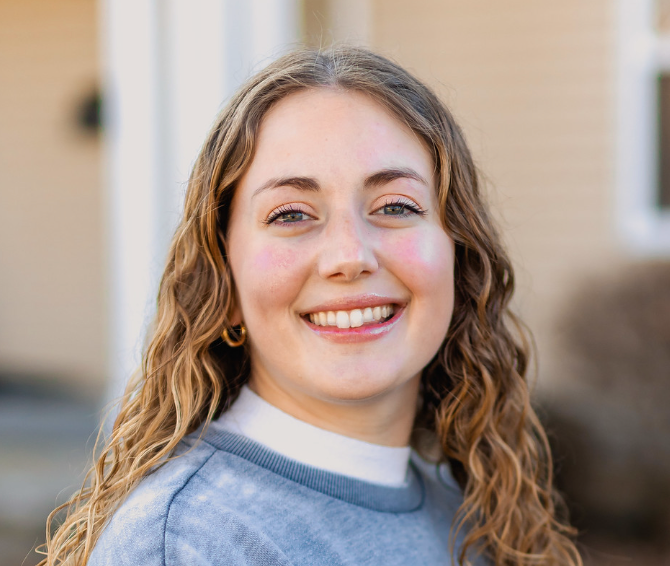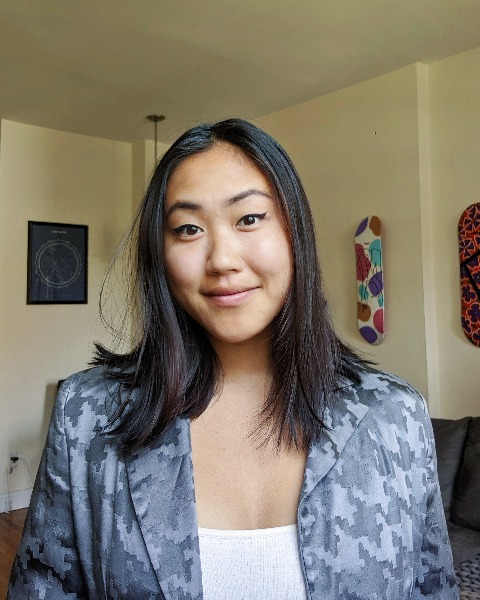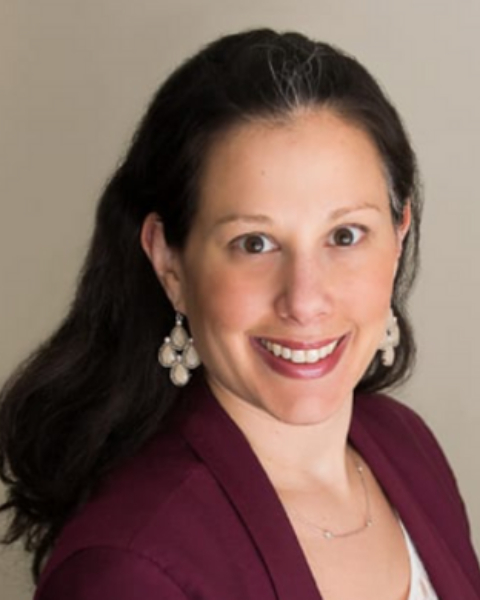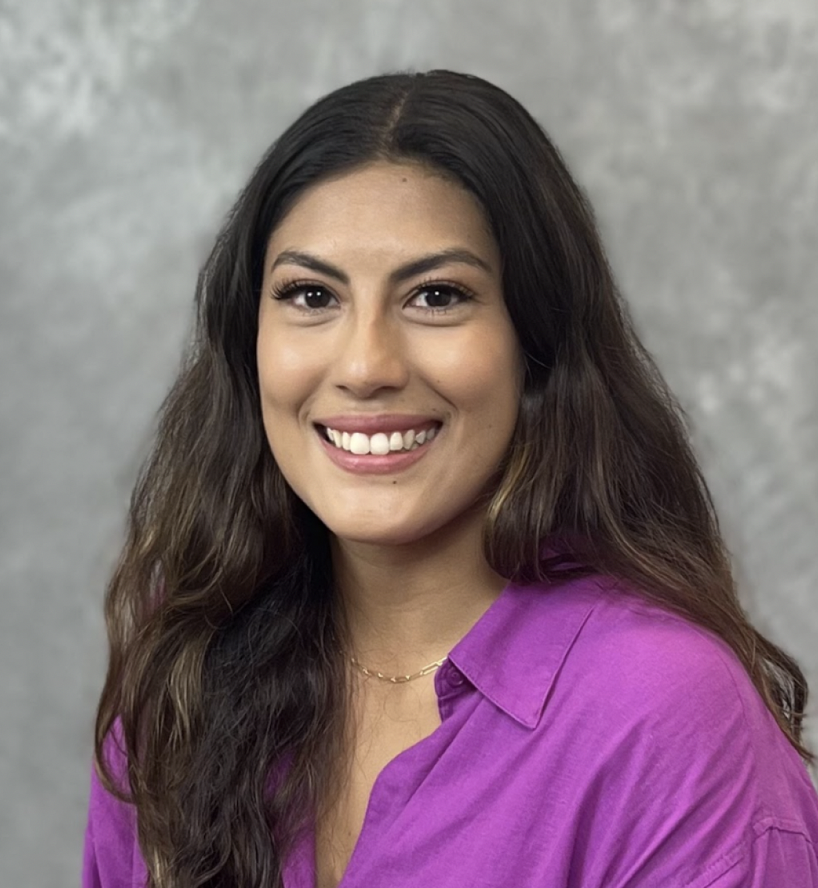Child / Adolescent - Anxiety
(PS3-D93) Cultivating Joy Through Supportive Parenting for Anxious Childhood Emotions (SPACE): A Mixed Methods Study of Treatment Acceptability and Parent Outcomes

Sophia Wolk, None
Research Assistant
University of Michigan, Cognitive Behavioral Consultants
New Rochelle, New York
Joy Shen, B.S.
Research Assistant
Ferkauf Graduate School of Psychology- Cognitive Behavioral Consultants
New York, New York
rachel busman, ABPP, Psy.D.
Senior Director, child and adolescent anxiety related disorders program
Cognitive and Behavioral Consultants
Armonk, New York
Jazmin Garcia, B.A.
Research Assistant
Cognitive Behavioral Consultants
Mamaroneck, New York- JT
Joseph R. Taliercio, Ph.D.
Coordinator of Research
Cognitive and Behavioral Consultants
White Plains, New York - MM
Melyssa Mandelbaum, Psy.D.
Postdoctoral Fellow
Cognitive and Behavioral Consultants
White Plains, New York - KM
Kelsey McCoy, Ph.D.
Postdoctoral Fellow
Cognitive and Behavioral Consultants
White Plains, New York - LR
Leah Richmond-Rakerd, Ph.D.
Assistant Professor of Psychology
University of Michigan
Ann Arbor, Michigan - TW
Tali Wigod, Psy.D.
Research Director
Cognitive and Behavioral Consultants
bergenfield, New Jersey .jpg)
Alec L. Miller, Psy.D.
Co-Founder and Co-Director
CBC
White Plains, New York- LM
Lata K. McGinn, Ph.D.
Professor/Co-Founder
Yeshiva University/CBC
White Plains, New York
Author(s)
Co-Author(s)
Childhood anxiety is a highly prevalent mental health challenge that affects many families and nearly 6 million children in the US (Bitsko et al., 2022; Costello et al., 2005). To address this public health concern, a variety of psychological treatments have been developed to target anxiety symptoms in children. Traditionally, these therapies have required children to be fully participatory within group or individual settings, with progress solely dependent on a child’s willingness to engage. Supportive Parenting for Anxious Childhood Emotions (SPACE; Lebowitz et al., 2014), was developed as an alternative treatment option. SPACE is a parent-only treatment where parents attend therapy sessions, either in an individual or group format, and learn skills to help reduce their child’s symptoms of anxiety by modifying their own behaviors. The first open trial of SPACE treatment found it to be a reliable and effective treatment for child anxiety (Lebowitz et al., 2014), with further assessment finding SPACE to be comparable in effectiveness to more traditional CBT (Lebowitz et al., 2020). Although parental satisfaction with SPACE treatment appears to be quite high for treatment completers (Dekel et al., 2021; Lebowitz et al., 2014), it is unclear why some parents drop out of treatment. It also remains unclear (a) why parents who complete treatment find SPACE treatment satisfactory, and (b) how future clinicians can target these components to improve patients’ experience of SPACE therapy and reduce dropout. To address this literary gap, we are interested in gaining a stronger understanding of parents' experience participating in SPACE. Specifically, we intend to evaluate why or why not parents find SPACE to be an acceptable treatment for their child’s anxiety. Both quantitative data regarding child outcomes and qualitative data from parents will be collected. Preliminary data will be presented on over 20 parents who have completed a SPACE group through Cognitive Behavioral Consultants. Quantitative data will be collected prior to their enrollment in the group, mid-treatment, upon graduating ten weeks later, and at three-month follow-up. Parents will be assessed on general psychological health, treatment acceptability, and accommodations. Qualitative data collected through this study will focus on the parental experience in treatment with the goal to help inform future clinicians on how best to deliver SPACE treatment so that parents feel that it is an acceptable and satisfying treatment. Each participant will take part in a semi-structured interview during which they will be asked a set of questions to understand their experience in SPACE. Interviews will be coded using the Auerbach and Silverstein methodology for qualitative analysis (Auerbach and Silverstein, 2003). These data will have implications for the feasibility of SPACE group treatments for childhood anxiety and may help to increase understanding of fostering joy in the parent-child relationship through the acceptability of this treatment.

